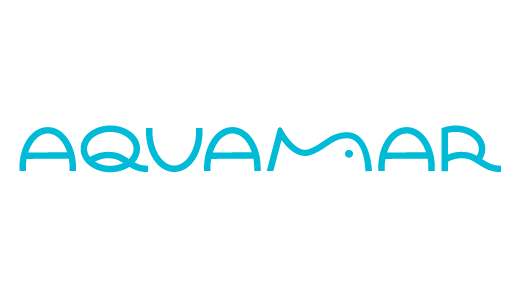RANCHO CUCAMONGA, CALIF. – Surimi specialist Aquamar is overhauling its brand to spotlight the advantages of wild-caught Alaskan pollock.
Pollock achieved increased market scale in the 1980s as more accessible forms of fish fillets and imitation crab meat, due to its light texture, mild flavor, versatility, and low price point, according to Aquamar.
Now, as the industry and consumers learn more about the benefits of seafood and protein sources from an environmental perspective, pollock is emerging as a leader on par with plant-based meat alternatives.
“It’s high time that we know and celebrate wild-caught Alaska pollock by its name,” said Daryl Gormley, CEO of Aquamar. “Pollock is a plentiful, high-quality, nutrient-dense fish harvested from carefully managed fisheries, which is why it has always carried great price point. Abundance is one of several important factors in the sustainable equation. As a company, we will be bringing this incredible fish out of the shadows, celebrating current applications – such as fish filets, fish sticks, and surimi – as well as future opportunities like salad toppers and ceviche that feature pollock front and center.”
This year, a lengthy life cycle assessment conducted on behalf of the Association of Genuine Alaska Pollock Producers found that wild Alaska pollock is one of the most climate-friendly proteins in the world based on several key impact categories such as global warming potential, energy use, use of land and water resources and waste outputs, according to Aquamar.
Alaska pollock fishing protocols apply midwater, cone shape trawlers, which are considered one of the cleanest considering the incidental catch of other species (less than 1%).
Aquamar products are certified by SQF, BRCGS Food Safety, Sustainable Seafood MSC, and Ocean Wise.

